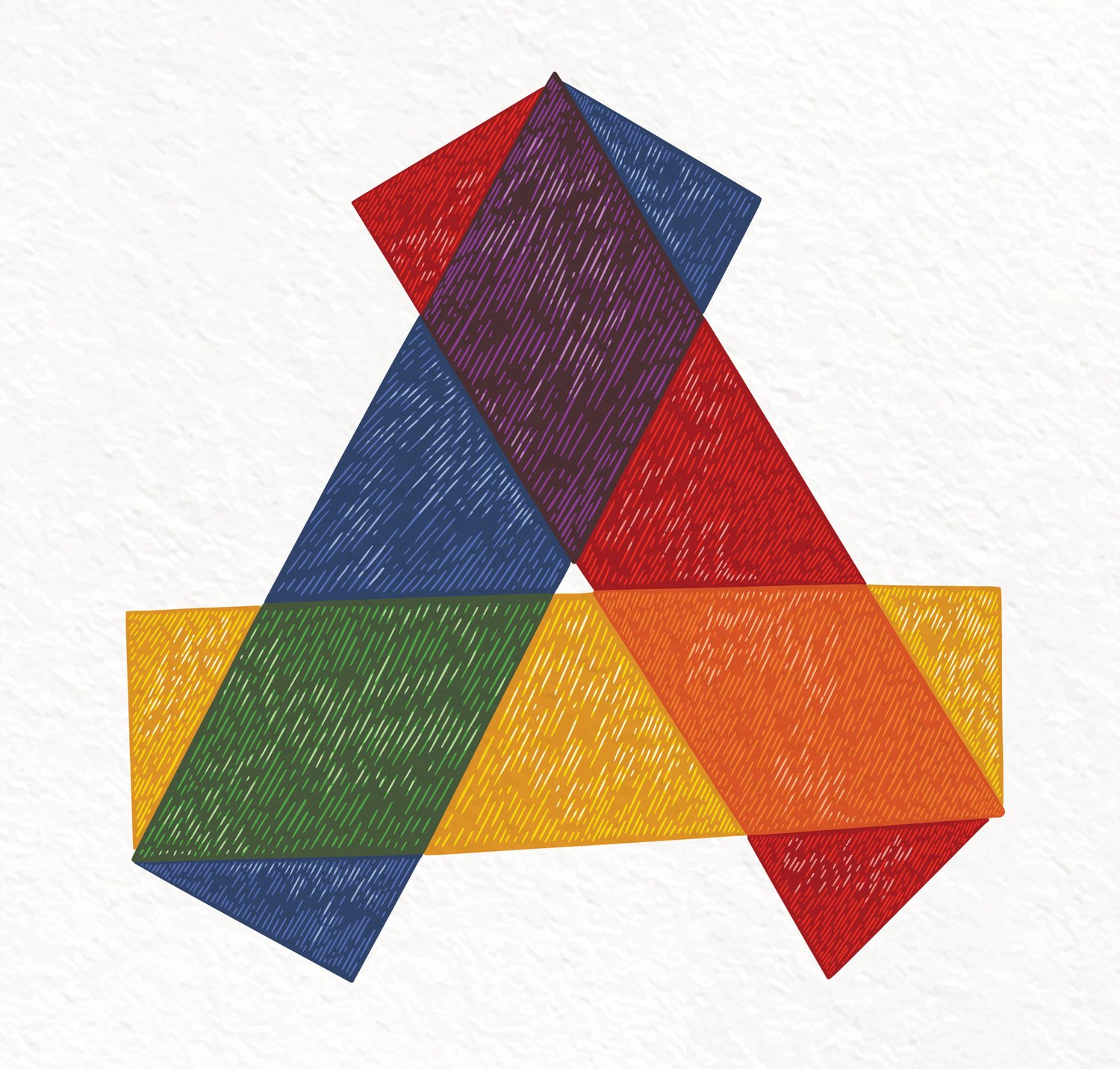One Thing We Can All Be Happy About
Talk of AI and ChatGTP is everywhere. Are we on the horizon of limitless possibilities, or will our increasing reliance on AI technologies be our downfall?
Recently there's been media coverage about naming the current geological period the Anthropocene - the age of man.
Photo by Andrea De Santis on Unsplash
Man is having a greater impact on this planet than the weather or geology. This realisation can fill us with grief and guilt. But we must acknowledge this has been a long time in the making. In Britain, by the 16th century, we had hunted the wolf to extinction. In the 19th century, we were burning coal on an industrial scale. Charles Dickens describes Coketown (his fictionalised English city in Hard Times) as “a town of machinery and tall chimneys, out of which interminable serpents of smoke trailed themselves forever and ever, and never got uncoiled.” It was bleak times.
Have we missed the moment though? With the proliferation of the internet, smartphones, and AI, the age of man has been superseded. Should the era that we are now entering be named the Technolocene?
I was recently chatting to a friend. With a PhD in Maths and he works in data analytics and coding. Extolling the virtues of ChatGTP and its ability to make him a lot of money, I wondered if it could have similar applications in the creative industries.
I have been playing around with GPTchat for a few months and have been disappointed by the results. AI is good at number crunching and representing data, but when it comes to creativity it is a dud. It might have large computational power, but it lacks human sensitivity. It doesn’t have the experiences we have had. It has not walked in nature, had conversations with friends or suffered love and loss. Each of these things feeds into what it is to be and how we express ourselves. When we look at a painting or read a poem we connect with the experience of one person and their ability to express themselves uniquely. When Virginia Woolf writes “a sort of transaction went on between them, in which she was on one side, and life was on another, and she was always trying to get the better of it, as it was of her” it resonates because we have had that feeling too. We know what it is to be frustrated, challenged, or tired.
Will knowledge no longer be extracted from books, written by humans about human experience, and instead just be a mash-up of internet cannibalisation and monophony? (Bookshop in Venice, Italy - photo by The Arqivist)
Equally, the screen is the only outlet for AI, it is not yet embodied (mercifully). It cannot go into a studio and pick up a chisel or venture out into the wilderness and represent this wilderness in watercolour. Even if it could, it would create a generic rendering, a soulless amalgamation of all the works that went before it, rather than a jumping-off point for creativity and exploration.
But don't dismiss AI completely. It is a powerful tool for business and admin. For doing the tasks that we don’t like, can’t do, or don’t have the time for. It can assist with accounting, drafting copy and e-commerce. Leaving more time to channel into our creative pursuits.
Photo by Kelly Sikkema on Unsplash
I would love to hear what your thoughts are on AI, for better or worse. Leave a comment below.



